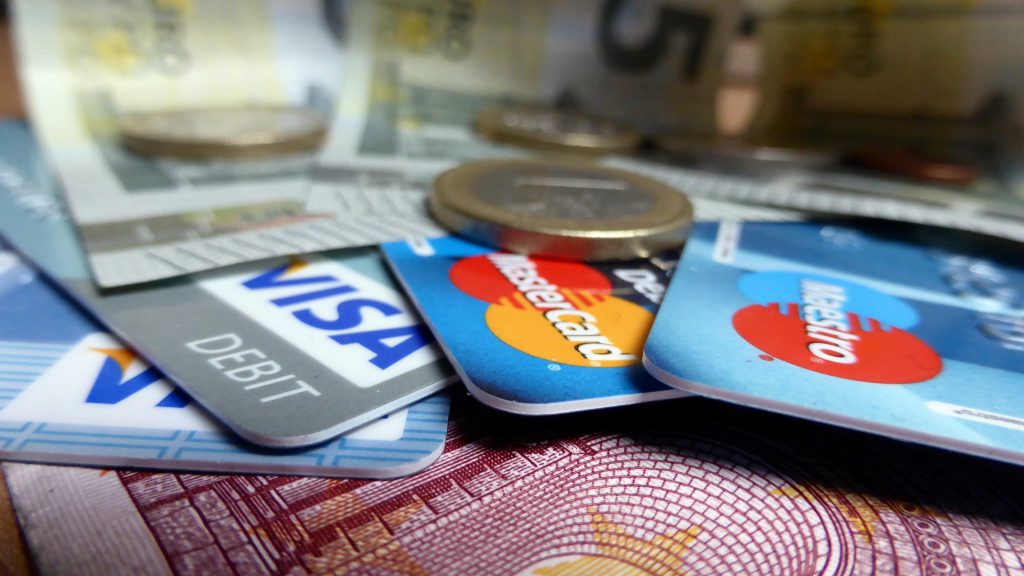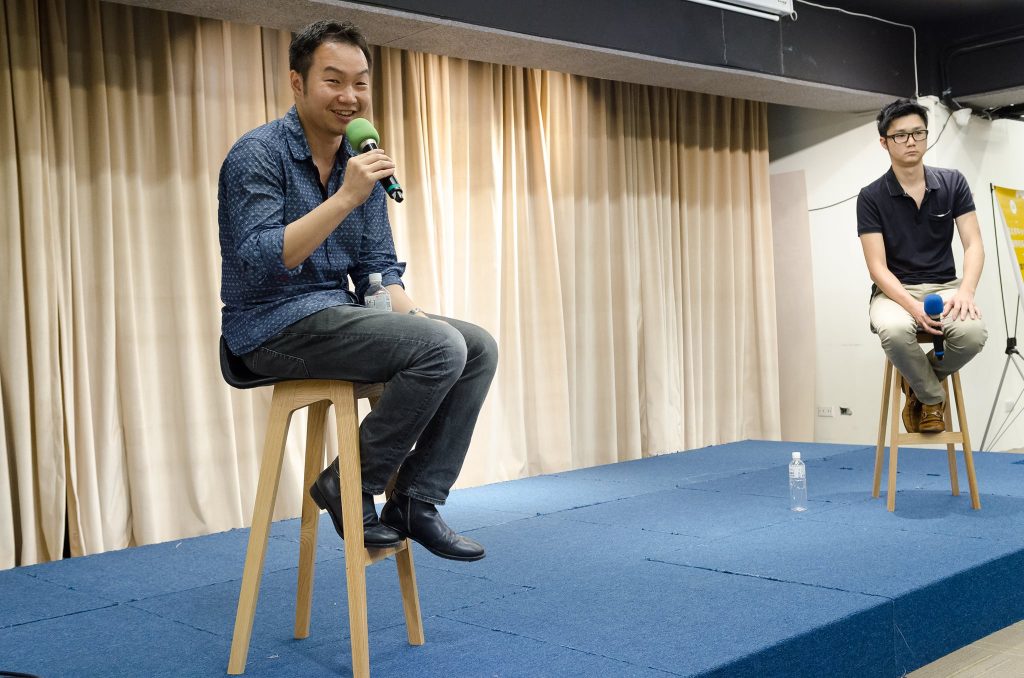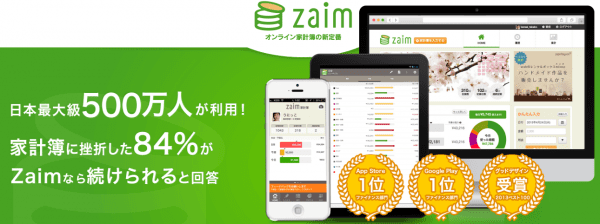Thomas Y. Hu: Blockchain is a kind of empowering technology ─ Have we moved the rock blocking our way to electronic payment? (Part II)
Translated by 半月
After the talk on the concept and application of blockchain by MaiCoin’s Nick, the second invited speaker was Thomas Y. Hu, CEO of Kyber Capital. The first concept he talked about was empowerment.
“Blockchain is a technology of empowerment. Just like the internet, which enables those who had less resource, like small and medium enterprises in Taiwan, to do things that they can’t do before.”
According to Thomas, the infrastructure on credits will be the hope the new generation financial reform.
“Blockchain is a way of doing things. Or, you can say that it is a database. The essence of banking system is book-keeping and transfer, right? When the Internet was not there, we needed people or institutions we trusted to handle this, also, we needed to monitor and limit the behaviors of these institutions. Today, we can operate and monitor things on one account book, which really makes life easier. This is exactly what blockchain is for.”
“In the past, we relied on the central bank. Every single person using our currencies was the client of the central bank. Where could this framework go wrong? Today, 20% of the people in the world live with no bank account. I wouldn’t say that the financial system is readily available to everyone. In addition, the high cost of Long Tail effect makes some transactions impossible to take place. Blockchain is here to challenge these constraints and creates new opportunities.”

In 2015, the VC invested over 1 billion US dollars into blockchain-related start-ups. It is a huge framework with many possibilities. Bitcoin is not the only choice. “Of course, many people will still die here. But the industry is heading toward this direction. Like what the Blythe Masters, CEO of blockchain start-up Digital Asset Holdings, said ‘Ignoring blockchain is like ignoring the Internet of Things a few time ago.’”
Decentralization, Disintermediation and Autonomization
“Decentralization and disintermediation are easier to understand. Here, automation is giving back individuals their power to control and choose their ways of resource allocation. In my opinion, lack of automation is one of the reasons why small enterprises cannot thrive now.”
This also solves the problem of the underdeveloped third-party payment and mobile payment system in Taiwan, heading toward currency-free transactions. If you use big data to treat money flows individually, setting levels for monitoring system, than the financial system can be more flexible and needs not to be such a big monster.
“However, you need understanding of the industry and what the market and clients need. And then you would know if blockchain is the answer.”

“Bitcoin is banned in many countries because of the possibility of misuse. There can be experts who want to do bad things. Thus, the government remain conservative regarding this issue. They make use of some agreement of the Internet to increase the credibility of some nodes.”
The new framework come with several issues to be addressed. Should I interact with this guy in the network or not? How should digital identification management work? “Everybody is doing research on how to use algorithm to protect users, making the concept of ‘credit’ and ‘trust’ happen in the framework of blockchain.”
Blockchain application in other domains
Peer to peer (P2P) will one day become part of network protocols. At that point, problems like speed and capacity will not be a problem anymore. This digital world of tomorrow is based on the collaboration of many different areas. How should they communicate with each other?
“Blockchain is difficult to promote, to get financed and to get people educated. This is the same everywhere, not just Taiwan.”
Than, he talked about some non-financial applications of blockchain. First of all, it was our old issue in Taiwan: food safety. “In the past, people believed in the verification and tagging of some institutions. With blockchain, farmers can be verified by nodes (local community). This also solves the issue of promotion by putting customers directly in the network.”
Owlting Market sells fresh food online. They not only put seller information online, but also used blockchain to organize information about shoals of fish. Sellers can be verified by others and good products can be thus promoted.
“There is no blockchain behind the Japanese account keeping service Zaim. However, the concept is quite interesting. It is funded by the largest recipe website Cookpad and promoted in an even more interesting way. They see housewives as small enterprises, buying groceries like enterprise operation. Thus, account keeping is really important. Zaim made a cloud-based software, through the behavior of looking for recipes and buying groceries, they successfully took account keeping from Cookpad to their own platform. It was a real success.”

The smaller the economy, the less likely it can stay isolated
When asked about whether Bitcoin would be too costly for start-ups to afford, Nick said:
“The finance industry is a made system. It is shaped by our laws. These regulations are complicated no matter where you go on the planet (This is how lawyers and accountants make their living). It is hard to survive in this industry even if you go to the US.”
“Our laws made electronic payment license expensive. In addition, Taiwan is a small economy. The smaller the economy, the less likely it can stay isolated from the world. We have to say open. Finally, many senior finance people have business sense but they don’t have the know-hows. It can also be an opportunity to match these two groups of people.”
“If you are about to abandon a seemingly conservative market, then maybe your are not a start-up guy. We need easy-to-earn money. But don’t forget to take challenges!”
中文版連結
Cover photo: PanX











留言討論